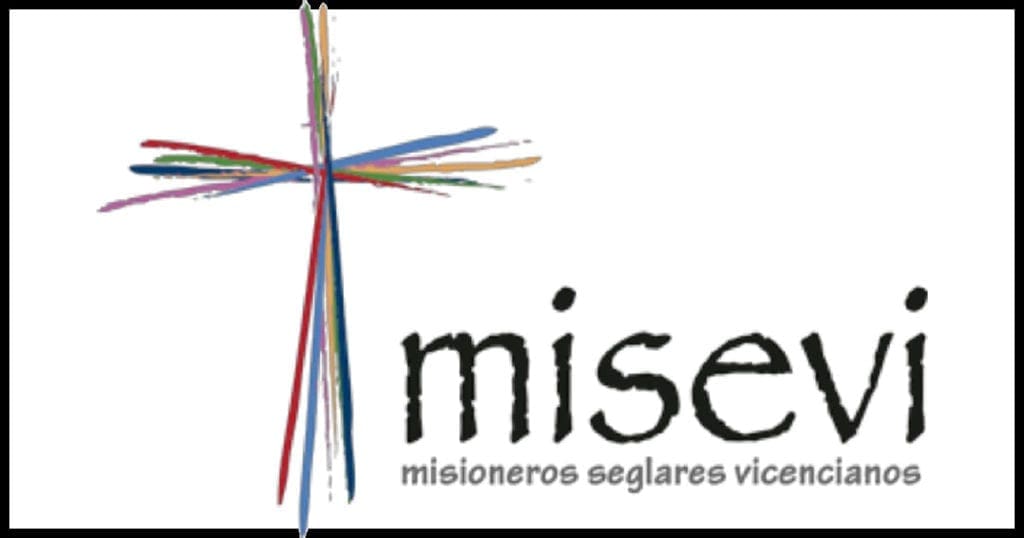Fr. Stephen Monaghan, CM is Spiritual Advisor to MISEVI and is presently living and working in Ambo, Ethiopia. Part of his work involves welcoming students from Ireland to participate in an immersion program in Ambo. His reflection arises from the opportunity the boys get to meet with the people at the leprosy village. For most of the boys, it’s one of those life changing moments.

During the school’s immersion program, which has been taking place for 10 years here in Ambo, Ethiopia, boys from two Vincentian schools in Ireland get an opportunity to share in the Vincentian Mission and experience life in a developing country. Part of the program involves a visit to the Leprosy Village. This village was established by the Vincentian’s over 40 years ago in response to the desperate plight of the families who were suffering with leprosy. They had been pushed out to the edge of town and were living in the local cemetery. The Vincentian’s secured some land from the local government in order to build some basic houses for the families. These houses gave the people some stability which allowed them receive the necessary treatment to cure the illness (although does not reverse the effects) and eliminate the spread of the illness to other family members, etc.
Within a number of years, thanks to this little initiative, there was no new case of leprosy in the town. However, many people still had to live with the disfigurement that leprosy causes and were very stigmatized and marginalized. The formation of the Leprosy Association and their education and awareness campaigns has greatly helped to reduce this stigma. The Vincentian’s have also played a big part by integrating the children from the Leprosy Village into their Kindergarten School (which is the number one KG school in the town). Some children had been excluded from school due to the fact their parents or grandparents had leprosy.
Two years ago the Vincentian’s secured funding to build a community center for the Leprosy Association. It has given them a space in which they can meet and discuss matters of health and advocate for services from the relevant departments in the local government. It is also a place into which they welcome the school boys from Ireland. When the boys arrive in Ambo, they are very aware of our work with the Leprosy Project and so they understand that they will be invited by the association to visit. However, it’s not until they enter the village that the reality of where they are hits them. There is an understandable anxiety among the boys about this encounter. They admit themselves that they have a very uniformed and often prejudiced notion of people who are living with leprosy.
When the members of the association come to welcome them to the center, the boys tend to stand off, are awkward, and don’t know how to react when a woman with leprosy reaches out to say hello. In one instance they formed a little huddle in order to try and cope with the situation.
However, a couple of hours later…after they have sat in the Leprosy Center, after they have listened to one of the members give a talk explaining leprosy, its cause, its treatment, the reality of life for people living with leprosy, after they have been given the time to ask a few questions, after they have become a little more comfortable with seeing first-hand the disfigurement that leprosy causes some people, after they have had time to begin to see and meet the person behind the disfigurement, the warmth of their smile, after they have heard the people with leprosy express their gratitude for the boys visit, drank coffee with them, received the blessing of the elders (which is always a powerful moment)…it’s quite an emotional experience to observe the boys, as they leave the center, embrace the people with leprosy. Something, which only two hours earlier would have been unthinkable for most of them.
Later in the evening when they reflect on the days experience, invariably they will talk about how they felt when they arrived at the center and how the experience has transformed their understanding and knowledge and attitude to people with leprosy. Being able to sit with, to listen, to ask questions, see the person not the disfigurement had opened their minds to understanding how people can so easily be stigmatized and marginalized. But also how such an encounter helps to break down barriers and reveal the humanity and the dignity of each person.







Stephen, your account of the young men’s transformative experience is very moving – and effective! Sounds like the experience came at a very developmental stage for them – maybe Transition Year – age 16/17 rather than as a gap year – after school. Great news about the successful education provisiin in Ambo!
Thanks Dee, glad someone read the little article. The boys are age 17/18 just about to go into their final year at school. We have just sponsored the building of a shop at the center which will give the Association a source of income and will provide two jobs. The income will also support four very poor and elderly people with leprosy, who are confined to their homes. Congrats on your new role as Irish/English/European correspondent! s